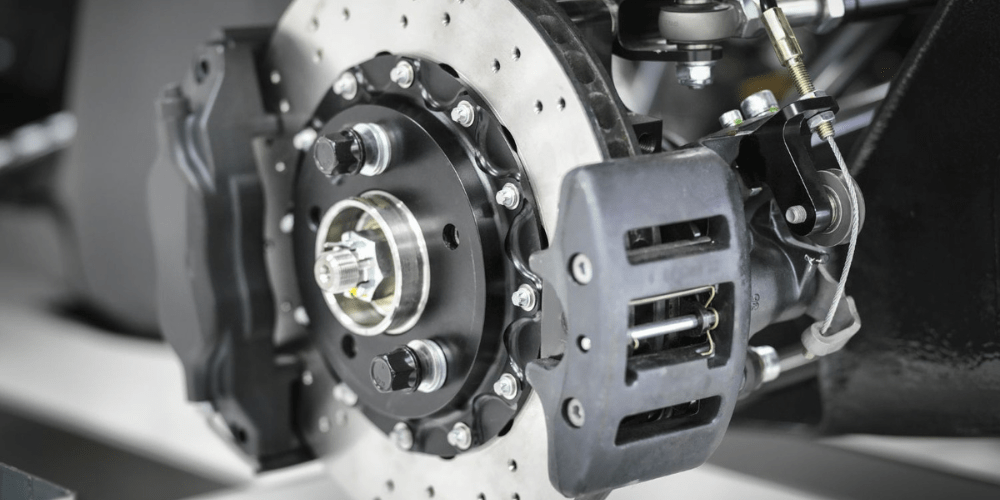The brake caliper plays a crucial role in the performance of the vehicle's braking system. It is responsible for housing the brake pads and applying pressure to them to create friction against the rotor, which slows or stops the vehicle. Moreover, Brake failure due to issues with the brake caliper while driving is another serious safety concern that can result in a loss of control of the vehicle and potentially cause accidents.
Are you aware of the brake caliper not bleeding?
If you are experiencing difficulty bleeding the brake caliper, it may indicate an issue with the brake system that requires attention from a qualified mechanic.these signs indicate that you need brake caliper replacement as soon as possible. Here are some possible causes for brake caliper not bleeding:
- Air in the brake lines: Air in the brake lines can prevent the brake fluid from flowing properly, making it difficult to bleed the brake caliper. This can be caused by a leak in the brake system, a damaged brake line, or improper bleeding technique.
- Blocked brake line: A blocked brake line can also prevent the brake fluid from flowing properly, making it difficult to bleed the brake caliper. This can be caused by debris or corrosion in the brake line.
- Faulty master cylinder: The master cylinder is responsible for pressurizing the brake fluid and distributing it to the brake calipers. If the master cylinder is faulty, it may prevent the brake fluid from flowing properly, making it difficult to bleed the brake caliper.
- Faulty brake caliper: A faulty brake caliper can also prevent the brake fluid from flowing properly, making it difficult to bleed the brake caliper. This can be caused by a damaged piston or a malfunctioning valve.
Lastly, it is important to have the brake system inspected by a qualified mechanic to determine the underlying cause of the issue if you are having difficulty bleeding the brake caliper. A properly functioning brake system is critical for the safety of the vehicle and its occupants, so it is important to address any brake issues promptly.
What is meant by Air in the brake lines?
Air in the brake lines is a common issue that can lead to a spongy or soft brake pedal, reduced braking power, and decreased overall braking performance. Air can enter the brake lines in a number of ways, including during routine maintenance or repair work, due to a leak in the brake system, or as a result of a malfunctioning component. When air enters the brake lines, it can prevent the brake fluid from flowing properly, which can compromise the overall performance of the brake system. This can cause the brakes to feel spongy or soft, and can make it harder to apply sufficient braking force when needed.
Solution:
The brake system must be bled to remove the air. Bleeding the brake system involves removing the air from the brake lines and replacing it with clean brake fluid to fix the issue of air in the brake lines. This is typically done using a specialized brake bleeding tool or by manually pumping the brake pedal.


